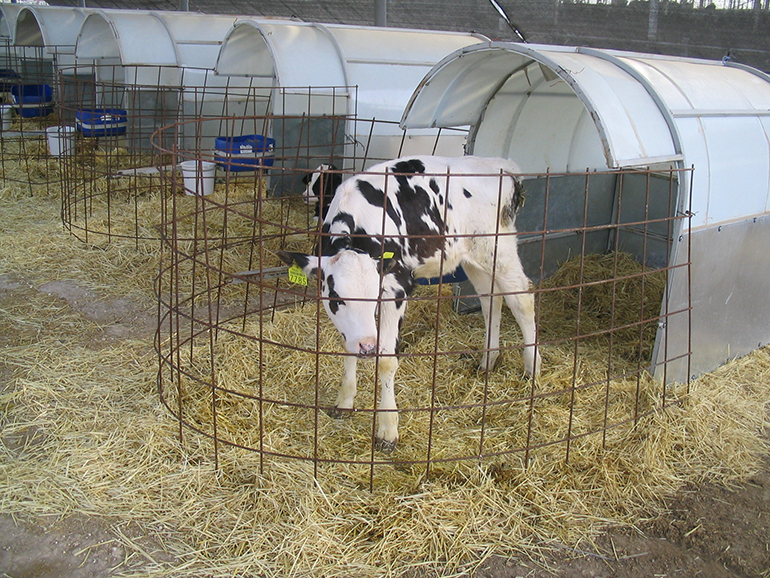
DIARRHEA
Definition:
Diarrhea, which is rarely observed in dairy cattle, but frequently observed in calves, is a disease that causes excessive water loss and milk drops and developmental disorders in calves.
Causes of Occurrence:
1. Sudden factory feed changes made without the animals being acclimatized,
2. Feeding small amounts of straw (silage) together with a large amount of factory feed,
3. The cutting lengths of feeds such as straw (silage) are too short (for example, the corn silage is very finely chopped or the dry grass is passed through the pathos) and the feeding of powder feeds with very small particle size,
4. In addition to the factory feed, the animals are fed excessive amounts of crushed grain,
5. Sudden transitions between pellet factory feeds,
6. Feeding factory feeds with fodders such as spoiled, moldy, heated or frozen straw (silage),
7. Use of feedstuffs with gut-irritating properties (beet pulp)
8. Giving a large amount of colostrum or normal milk to calves after birth,
9. Feeding the calves with factory feed in large quantities and suddenly after weaning,
10. Microbial diseases observed in cows and calves and causing diarrhea,
Treatment and Prevention:
In order to prevent diarrhea observed in cows and calves, feeds, especially factory feeds, should be given to animals little by little within 7-10 days. FACTORY FEED CHANGES SHOULD NOT BE MADE UNLESS MANDATORY. If there is such a necessity, the animals must be accustomed to the new factory feed. Absolutely, additional grain crushing should be avoided. After weaning, the calves should be fed with factory feed little by little and they should be accustomed to this feed. As a preventive measure, animals must be given quality dry grass. Clean water should always be available in front of animals. If the recommended nutrition programs are followed, diarrhea cases related to nutrition will not be encountered. In cases of diarrhea observed due to microbial diseases, a veterinarian should be consulted as soon as possible.
- Quick Menu